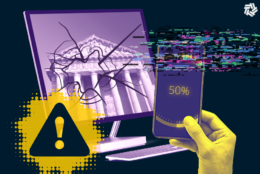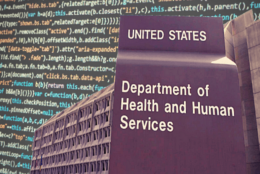Cybersecurity
-
Zero trust will continue to be a centerpiece of federal cyber strategies across government, and rightfully so.
June 06, 2024 -
Palo Alto Networks Prisma architect says agencies need to be “a lot more intentional” about scaling their cloud cybersecurity alongside their cloud operations.
June 06, 2024 -
Need help on your SCRM journey? We’ve gathered advice from federal and industry experts
June 05, 2024 -
Extensive new rules for cyber security incident reporting, enabled by CIRCIA, will cover a lot of industry.
June 03, 2024 -
Maj. Gen. Chris Eubank, commander of NETCOM, said soldiers and civilians will no longer be able to download data to their devices from outside the Army network.
May 31, 2024 -
Members of Congress say they are "deeply concerned" about the Pentagon's decision to expand the use of Microsoft software.
May 31, 2024 -
The Biden administration has sought to set minimum cyber standards for critical infrastructure, but faced pushback in some cases, including at the EPA.
May 30, 2024 -
Jason Weiss, the chief operating officer of TestifySec, explains why CISA’s repository of software data must be more than ‘compliance theater.’
May 30, 2024 -
Federal employees should look for a check in the mail if they were impacted by the OPM data breach.
May 30, 2024 -
One lawmaker says the bill to empower the HHS IG would address "how we are setting standards for American patients’ healthcare data."
May 29, 2024 -
Water and wastewater facilities are easy targets for state-sponsored cyberattacks, presenting an unacceptable risk to the American public.
May 29, 2024 -
Hundreds of feds with FSAs have seen fraudulent activity on their accounts. OPM has since paused all new enrollments to try to prevent further fraud in FSAFEDS.
May 28, 2024 -
Containerization and automation are two of the tools ATF is looking to use to implement zero trust principles as it re-architects its systems.
May 28, 2024 -
With cyber attacks on the rise against healthcare organizations, Congress is starting to notice. Serious attacks have tripled since 2018.
May 28, 2024 -
CISA is working on 'physical security' goals as officials warn about rising threats to critical infrastructure, such as attacks on the electric grid.
May 24, 2024















